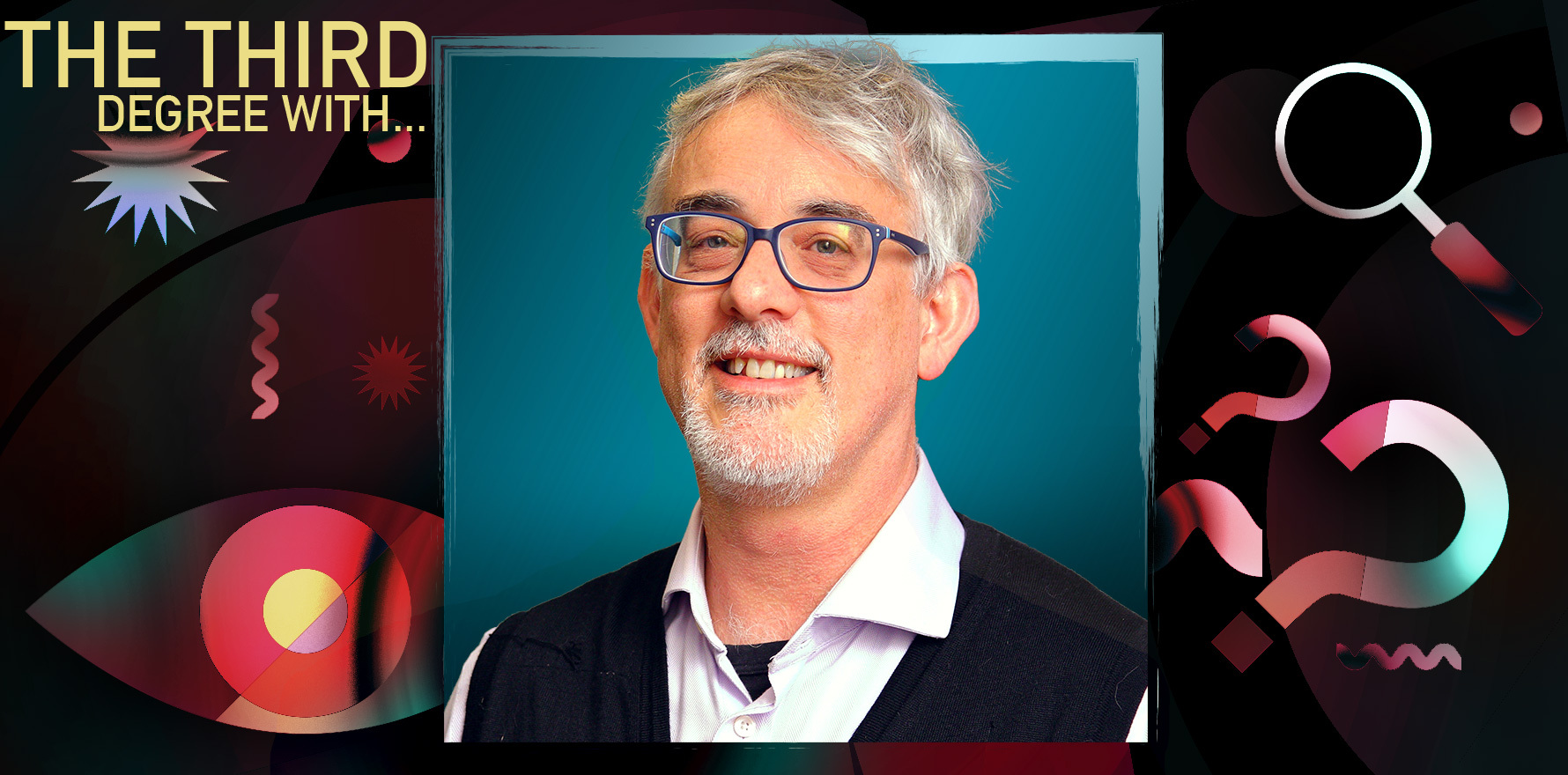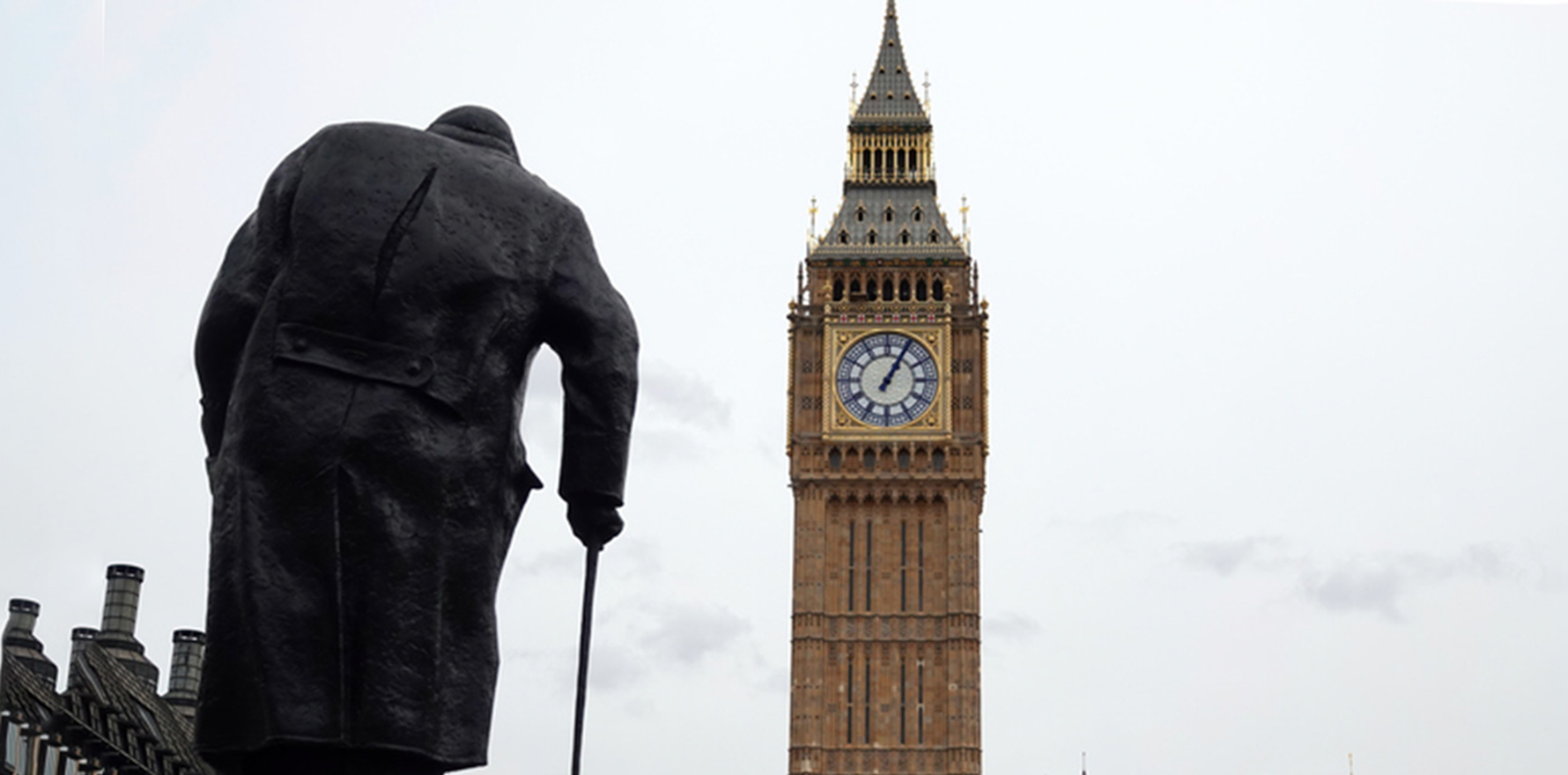GPs can provide extraordinary care for their least well off patients, but not if they’re drowning themselves.
At a time of undervaluing and uncertainty for general practice, we all need some inspiration.
I got mine last year when I visited GPs in England, Scotland and Ireland on a Churchill Fellowship, courtesy of the Winston Churchill Trust.
My unusual opportunity was to talk to many GPs in depth about their work and to sit in and watch them with their patients. It wasn’t the state of the health systems in these countries that inspired me, it was that these GPs found ways to keep working with their patients despite the system. They loved their work, and the possibilities that it gave for keeping their patients and communities well. They were passionate, and they were highly skilled. They had a profound respect for their patients, and were supported by expert teams of other health professionals.
I was visiting GPs working in different socioeconomically disadvantaged communities – so called Deep End GPs. As Professor Graham Watt, who founded the first Deep End GPs network in Glasgow, told me, “GPs don’t think so much about health equity. We think about how much we could do for our patients if we had enough resources.”
This hits on a truth. No GPs are doing it easy at the moment, either in the UK, Ireland or Australia. However, health systems across the world consistently operate on the inverse care law – that those who need health care the most get the least. In Australia’s health system, unlike England’s or Scotland’s, GPs can charge patients directly to make up the shortfall in funding available from governments.
This is why my focus has been on Deep End GPs, working in socioeconomically deprived communities, often Aboriginal and Torres Strait Islander, often rural and remote. Imagine what we could do for those patients if we had the resources.
I returned to Australia with optimism. We really do have highly skilled GPs here, who want to provide really high-quality care to their patients and frequently, are doing this even without adequate support from the health system.
This is especially true in disadvantaged communities. I’m also optimistic because the RACGP Health of The Nation report has consistently showed that GPs, like myself, working in Aboriginal Community Controlled Health Services have the most job satisfaction among all GP settings.
Related
This shows that GPs aren’t the greedy, substandard professionals we are often portrayed as in the media, but that with the right setting and teams around us, including programs that act locally to alleviate adverse social determinants of health, we provide really high quality care in complex circumstances, valued by our patients and our communities.
There’s that elusive quintuple goal that health policy experts are aiming for – right under our noses!
Many of the people I heard from and the services I observed in fact reiterated the value and values of primary health care time and time again. Effective care was relationship-based: GPs knew and understood their patients well, and they knew the local areas’ geography and services. They provided comprehensive care amd were the first point of contact, managing the vast majority of their patient’s problems in the community. They worked in teams and co-ordinated care across the complex health system.
We know all this, of course. Seeing it in action, though, is what inspires me. The sudden smile on a patient in Plymouth fed up in hospital when she realises the person coming towards her on the ward is the GP she knows well. A patient in Dublin visibly relaxing when told by the GP he knows well, “I’m not going to tell you off. I’m not your grandma.” The GP able to maintain rapport with an 18-year-old woman recently our of prison, who isn’t changing her drinking habits – yet.
So I’ve returned to Australia optimistic because I’ve seen the effectiveness of the principles of primary health care and general practice, and I know these principles are understood and acted on in Australia, certainly across the Aboriginal Community Controlled Health sector, but also in good quality general practice anywhere in Australia.
My recommendations for my Churchill Fellowship report are made so we can provide GP care in socioeconomically disadvantaged communities. This is important because these are the communities that need us most, but where general practice is least sustainable, and where the Australian health system struggles the most. If the recommendations are widely understood and implemented, then all of general practice and all of our patients stand to benefit.
One of my recommendations is one that we can and should be doing straight away. It’s to look out for our colleagues. We should recognise our colleagues who are working in the Deep End, as well as others who are in danger of becoming overwhelmed. We should be aware of those who are struggling to recruit colleagues, who might be submerged by their daunting mental health workload, who are doing most of the housing forms and Centrelink certificates, who have many patients with complex multimorbidity, and who see most of the patients who don’t have enough money for co-payments for specialists or even for the GP.
We need to recognise these GPs, we need to make sure they are supported and helped. Just being acknowledged and recognised doesn’t solve these problems, but it certainly helps.
Many of my recommendations are for those of us and our colleagues with roles in PHNs, academia, education, the colleges and advocacy and policy work. Health policy needs to have a socioeconomic lens, as well as looking at Aboriginal and Torres Strait Islander health or rural and remote health on its own. There’s a lot of overlap, but we do run the risk of leaving those of our colleagues working in poorer areas of rural towns or the poorer areas in our cities completely unsupported if we don’t do this.
We need to be able to support local action on social determinants of health. PHNs may be ideally placed to do this, but there’s a growing movement relating to social prescribing in Australia which can contribute, provided the social infrastructure and third sector are resourced in deprived areas too.
We need to develop a skilled Deep End workforce, developing the skills specifically useful in disadvantaged communities – skills in multimorbidity outside of the elderly, disability care, multicultural consulting skills, psychological effects of poverty, dealing with Centrelink requirements, individual patient advocacy, extended mental health and trauma informed care all spring to mind. We need to recruit workforce specifically to disadvantaged communities, and support them so they stay.
Finally, my most important recommendation is the one that shouldn’t need saying. We need to respect the expertise of Deep End GPs, and by extension all GPs. We are regularly talking to our patients. The skills we use to manage the complex combination of physical, mental and social circumstances, manage undifferentiated symptoms which could be anything from life threatening pathology to no pathology at all, and to do effective preventive health care, all while intentionally developing rapport with someone who doesn’t want to be there and doesn’t trust the health system. That is skilled work, and it saves lives.
This is why I remain optimistic and proud of my profession. I invite you all to join me, in looking out for our colleagues and advocating for changes that will benefit us all.
Tim Senior is a GP at Tharawal Aboriginal Corporation, the Aboriginal Community Controlled Health Service at Campbelltown in southwest Sydney, and co-chair of the RACGP’s specific interests group on deprivation and poverty. He travelled on a Churchill Fellowship last year.





